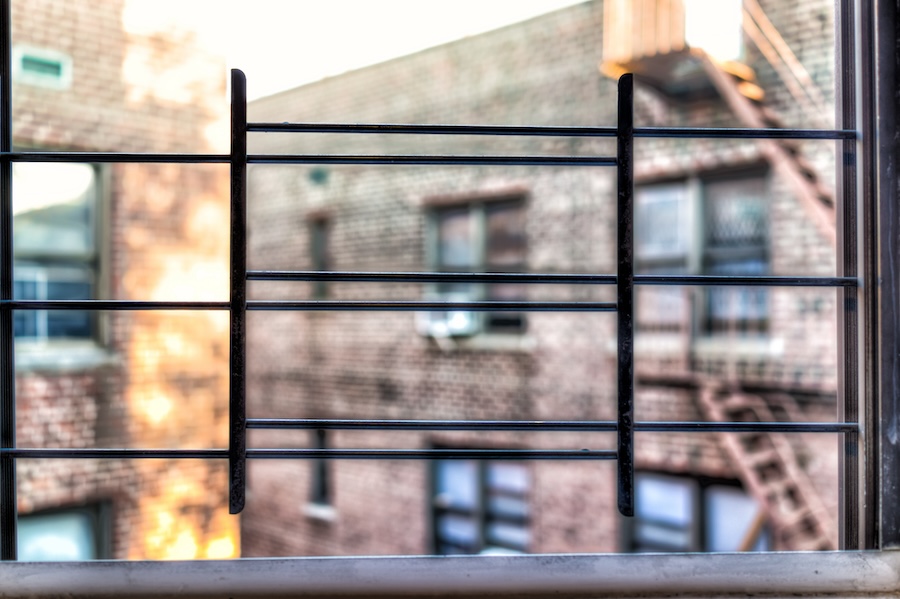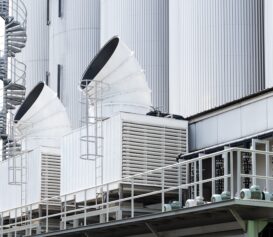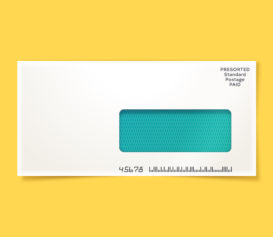The DOHMH recently proposed updated window guard rules after being in place for several years. The new rules aim to include devices appropriate for newer types of windows, streamline the device approvals process, and clarify regulations regarding air conditioners and other related conditions.
Click here to view the proposed rules and learn more about the hearing set for May 27th.
As part of the process, the entirety of Chapter 12 would be repealed and replaced with updated language and new rules effective January 1, 2026.
To be clear, devices are still required and nothing has significantly changed about the notice and inspection requirements. That said, this rewrite allows the DOHMH to account for changes to window types, available devices, and makes it easier to give future approvals to devices that meet key specifications.
Here’s a breakdown of what you need to know for the new proposed Chapter 12 – Window Falls Prevention:
General Definitions and Rules
New definitions have been added to the proposed rules to clarify standards or account for updated windows and devices. Here are some noteworthy definitions:
- Child is still defined (for purposes of this law) as 10 years of age or under
- Dwelling unit is an apartment or other single unit consisting of one of more legally habitable rooms in a multiple dwelling, which is occupied or intended to be occupied by one or more persons
- First floor means the first story of a multiple welling that is at or above street or ground level, regardless of how the floors are numbered or otherwise identified
- Multiple dwelling means a residential building consisting of three or more dwelling units or apartments
- Occupant means a tenant or other person residing in a dwelling unit in a multiple dwelling regardless of whether such person is party to a lease agreement
- Owner means an owner, landlord, lessor, managing agent, mortgagor, receiver, condominium unit owner, cooperative board, and any person who is an agent of the owner or who is otherwise responsible for the management or control of a multiple dwelling or unit in a multiple dwelling
- Resides now matches the definition in 27-2056.2 (lead paint rules) – routinely spend 10 or more hours per week within a dwelling unit
Additionally, specifics are defined for traditional window guards (TWGs) and limiting devices – window fall prevention devices registered with the department outside of TWGs.
Device Requirements
Per the Department’s plain language information, they “[propose] to simplify the specifications for window fall prevention devices without compromising the standards that have proved so effective at reducing children’s injuries from window falls.”
There are extensive specifics outlined for TWGs, limiting devices, and permanent air conditioner installations. They apply to the department approval process, required specs, installation processes, and more. Manufacturers of devices must register with the DOHMH as part of the process.
You can read all of them here in the proposed rule.
Annual Safety Notice Mailings
For annual safety notice mailings specifically, there are no proposed changes to the structure, process, or frequency. The main update here is to remove outdated sample notices from the rules and clarify that language must be approved or provided by the department. Notices must also be made available in both English and Spanish, and “other languages as may be necessary.” Owners would be required to keep proof of delivery of notices and returned notices for at least two years after receipt, and make files available for inspection upon department request.
In terms of follow-ups, the duty to inspect is still included, as well as language that provides owners “may not impose pre-conditions on installations….or advise occupants that such installation is optional.”
For inspections after February 15th (the beginning of post-mailing action timeframe), owners must do the following:
- Confirm whether a child resides in the unit
- Verify that window guards and air conditioners installed in accordance with this chapter and in good condition
- Test any permanently installed metal ornamental or security window bars intended to serve as window guards to determine compliance
- Maintain records of access refusal for at least two years (and may report said refusal via 311)
Per the rule, occupants must respond accurately, allow access for inspections, and must not obstruct or interfere with installations or removals. They must also not install temporary window air conditioning units instead of window guards.
Enforcement and Penalties
The new rules outline specific penalties for the following:
- Failure to provide notices: $500 per dwelling unit, per year
- Failure to post notices: $500 per violation, per year
- Using an unapproved form: $500 per dwelling unit, per year
- Failure to provide copies of completed notices from occupants: $500 per multiple dwelling per year
Manufacturers would also be penalized for failure to register window fall prevention devices.
Per the typical process, the DOHMH will finalize these rules after the hearing, and may make adjustments based on public comments. To provide commentary or attend the hearing, visit the rule page here. We’ll keep you informed of any changes going forward.
You can also learn more about SiteCompli’s automated annual safety notice mailing service here. Stay in compliance and take the stress of mailings off your team’s plate, and manage it all from your SiteCompli or InCheck account.




